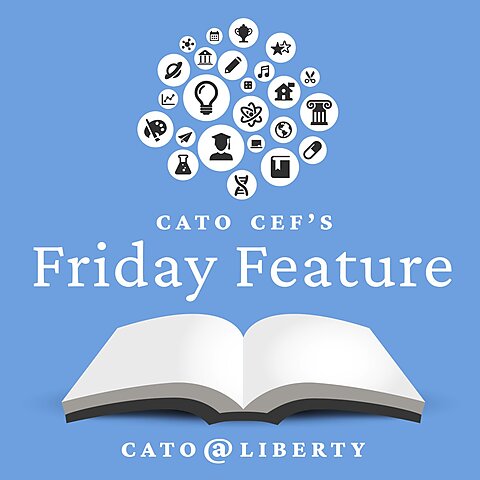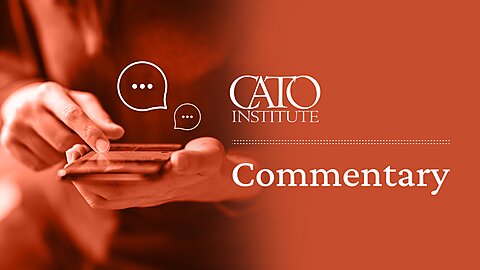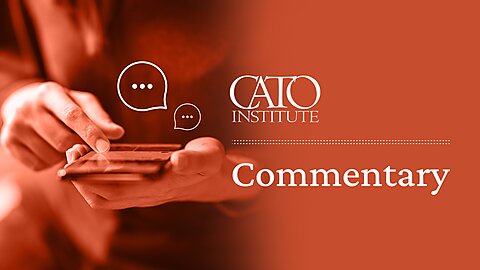
After a diverse teaching career that spanned pre-kindergarten through college at public and private schools, Anna Bernanke had some thoughts on what education could—and should—look like. Chance Academy in Washington, DC, is the hybrid microschool she created to bring her vision to life for children.
Anna grew up very poor with parents who were Holocaust survivors who viewed education as the only way to improve your life, particularly from an economic standpoint. Attending a liberal arts college near Boston expanded Anna’s idea of education. “I found that it was just also an intellectual improvement with so many different exposures to new ideas, new people,” she says.
She began teaching part-time at her children’s elementary school so she could have a flexible job that aligned with her kids’ schedule. She fell in love with teaching. When her own kids got older, she began teaching full-time.
Eventually, Anna became department chair at a charter school in Washington, DC. She loved connecting with the kids, but the problem was that administrators were very focused on test scores because charter schools could be closed if scores dropped. They supported her ideas at first, such as giving students three weeks in the summer to work on public policy and allowing them to do internships. But when the test scores didn’t look good, the administration started clamping down on everything.
Anna left the school and realized she needed to either leave the profession or start her own program. She decided to create her own. She began looking for spaces and planning what her program would look like. “I opened my doors in 2008 in Mount Rainier with a teeny group of people. I just had no idea if people were going to show up,” she says. “It was a little before the more homeschool-oriented interest that seems to have grown over the years. It was very, very different. It was a microschool. There was no such word at that time as microschool.”
To maximize her independence and have the flexibility to create her own curriculum and adjust it as needed for her students, Chance Academy functions as a homeschool support center rather than an official private school. Homeschooled students can come for core academics or supplemental classes. They offer classes four days a week—there are no classes on Fridays, but they sometimes do field trips then.
“My goal was to work with families who might not have the resources to do a lot more,” Anna explains. “Even families who want to homeschool, some parents have to work, and they don’t have the opportunity to stay home. Or they don’t have the education to do that, but they want something. So that’s our little niche—families that might not always be able to manage this kind of education, but they really are seeking it for their child and for their family.”
There are currently around 30 students attending Chance Academy. They are divided into multi-aged cohorts that are typically ages 8–11, 12–14, and 15 and up, although it can vary depending on maturity or other needs. They start each day with a check-in where, Anna says, “the students learn how to express how they’re feeling that day, maybe understand what their needs are, and let other people understand.” She says this is so they start the day “by showing that we care about the individual first before we start the academic.”
Every student has ELA every day using a curriculum that is discussion-based and helps the students analyze what they read. Math is also offered daily, and it is the most divided to allow small groups at similar skill levels. PE or health is also offered daily, while science and history are twice a week. “Every single day, there’s what we call study cafe. It’s a place for them to develop organizational skills and to work on their homework so that they don’t have to do that much homework at home. I’m not a huge proponent of homework anymore,” Anna emphasizes. “Parents are just stressed out. They’re really stressed out. So you give homework and the kid will say, ‘Well, we had to run 12 errands and then do grocery shopping, and I didn’t have time to do my homework.’” Study café gives them time and a place to get a jump start on their work while developing organizational skills that will help them in other areas down the road.
Every month, they focus on a different value with the students. “The month coming up, May, is integrity. So what we do is we start off the month with a sort of a whole program meeting in the afternoon about what is integrity and what does it mean. And then at the end of May or the beginning of June, we recognize people who’ve shown integrity,” Anna explains. “The students are going to lead it because they’ve been studying Confucius in their history class. So they’re going to prepare a series of Confucianism-type ideas to share with the whole program to talk about what integrity looks like and what it means.”
The small size and independent status of Chance Academy mean teachers and families have a lot of flexibility. “Many of the teachers have been public school educators—not all—and they have to unlearn the way they taught,” Anna notes. “One of the ways that we do that, particularly for the English language, arts, and math, we gave them carte blanche to look at what’s out there and say, ‘What works for you? What would you like to try?’”
For families, this flexibility includes choosing which classes and days to attend. Some homeschoolers might only come for science class since that can be harder to do at home. Some might come for two full days each week, while others attend all four days. Teachers use an online platform to post the work so parents know what the kids should work on when they’re at home. “The downside sometimes is that you miss important discussion that happens, and so then you have an assignment, and you feel like you don’t understand it. And it’s partly because you haven’t been present for the discussion,” Anna says. “But we do have students with different needs, and they come when they can come, and we do what we can.”
A few years ago, Anna met with people from VELA, an organization that supports innovative educators. “It was the first time ever that people told me that I was doing something good and that I wasn’t crazy,” she says. “It felt pretty good because mainstream doesn’t always honor innovative thinking, especially, you know, that looks really different from what they grew up with.” Connecting with VELA has put her in touch with similar educators in the DC-Maryland-Virginia area. She appreciates this new network, knowing there are others out there thinking differently and learning from each other.



